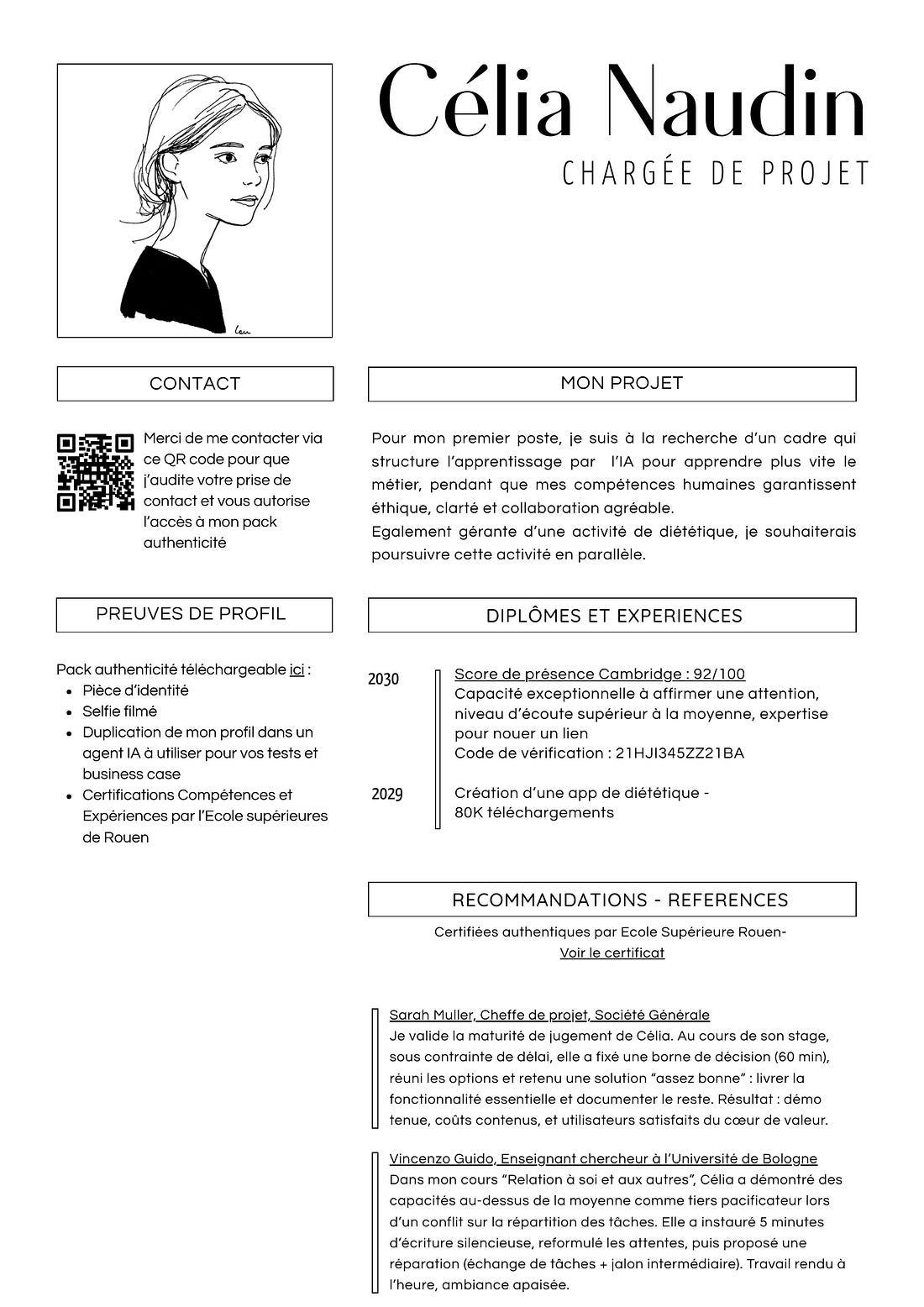20250928
In the mid-70s, Mike Mandel traveled around the United States photographing photographers as if they were baseball players, capturing the likes of Imogen Cunningham, Ed Ruscha, William Eggleston, and Ansel Adams. I photographed photographers as if they were baseball players and produced a set of cards that were packaged in random groups of ten, with bubble gum, so that the only way of collecting a complete set was to make a trade. Kottke
People: Smurfs hats. Jobs mismatches and success. Death of corporate jobs. Teaching the invisible. One of Ben&Jerry resigned about values. The case for friction and ultra processed minds. Labubu: only fads?
Tech: Conway and music. The demo scene is dying. McKinsey 2025 outlook on tech trends. Interviewing users, alt take.
Planet: Cesium contaminated shrimps.
AI: ASML invests in Mistral. 5% of AI pilots succeed. MS take on the Frontier Firm. Copyrighting oneself. Agentic AI OSes.
Random: Dark academia.

Breaking the Corporate Mold
The day started like any other, with a riot of colors spilling through the window as the sun wrestled its way into existence. Kim was already at her workstation, not so much typing as interpreting the codes and mantras of the latest corporate digital-bureaucratic incantation known as “Project Streamlined Efficiency.” By all accounts, this project—the latest homage to the multilayered deity of AI—was designed to eliminate what had come to be termed as “friction” in the workplace. All it really accomplished, though, was to transform human ingenuity into a placebo effect of productivity. Much like decaffeinated coffee, it looked the same but left an awkward void where excitement ought to be.
“Friction is where you find the truth of progress,” she murmured, recalling a strikingly unremarkable TED Talk that went on for about five hours on how to squeeze innovation from your average corporate cucumber^1. This philosophy clashed spectacularly with her cringeful roles in various brainstorming meetings where she often found herself staring blankly at a PowerPoint presentation as thrilling as watching ceaselessly buzzing flies contemplating their own mortality. Kim suspected she was just a well-disguised “bullshit job” artist, paid to nod vigorously at ideas that veered dangerously close to, if not directly violating, the tenets of common sense.
Then came the email that rerouted her day: “You’ve been invited to share your ideas in the demo scene.” Ah, the demo scene—the peculiar cult of digital artists and programmatic sorcerers who viewed each pixel and byte as a conduit for cultural evolution^2. They had survived the existential dread of being buried under “trendy fads,” the dizzying influx of Labubus and other short-lived whims, while upholding the glory of nostalgia lampshaded with irony. Kim felt a flicker—a long-neglected spark—kindling in the recesses of consciousness long dormant. Perhaps that intimate connection with creation was what was missing from her cushy yet vacuous transactions with the corporate universe^3.
Later that day, as she perused the depths of various coding forums adorned with avatars of Smurfs and other characters donned in the curious Phrygian cap—an unintentional trend from the French Revolution that’d suddenly resurfaced like a fizzy drink after an earthquake^4—she pondered the subtle art of human interaction. Little did she know that amongst the cacophony, her growing discontent was a precursor to the resurgence of “vivus skills”^5—the tacit understanding that life isn’t a series of corporate checkboxes but rather an intricate dance between the mundane and the profound.
She found herself at a backyard gathering that evening, where laughter sprinkled like stardust, and frustration about corporate monotony vanished into the ether. It was there that she heard tales of others drowning in a sea of job qualification mismatches—whereoverqualified souls languished while eager underqualified spirits reinvented escape routes^6. Amidst the shared stories, the collective wisdom emerged: this hiccup in the economy created opportunity, not just for innovation but for meaningful connection.
As she stepped back into the universe of her too-bright apartment, Kim felt a twinge—an acknowledgment of the burden of trying to keep pace with systemic issues for which she had little control^7. But against the backdrop of her journey through corporate banality and unfurling creativity, she realized she could run her own simulations, designing her life anew by embracing the musical melodies resonating within her, just waiting to replicate and mutate into something extraordinary.
And so, with an odd sense of hope, Kim sat down before her screen, transformed not just by a newfound calling to create, but by insisting that the boundaries of the professional world need not be cages but launchpads into the expansive realms of possibility.
---
^1 The previous episode of "That Was Supposed to Excite Us" has been discontinued due to lack of viewer enthusiasm.
^2 And, perhaps with a hint of pretentiousness that only the digitally inclined could muster.
^3 Much like cooking gourmet meals with microwave popcorn.
^4 History taking its cues from fashion—because who says wearing a freedom cap is no different from sporting a fedora on Sunday brunch?
^5 A movement active since the dawn of human conversations; we just forgot to celebrate it in the mainstream.
^6 Which sounds like the premise for a detective novel no one asked for, starring overworked coffee mugs instead of private eyes.
^7 Meanwhile, regulators find it oddly comfortable to navigate their own bureaucratic jamborees—like attending a party where no one talks about the elephant in the room, which in this case, is a dancing unicorn.

